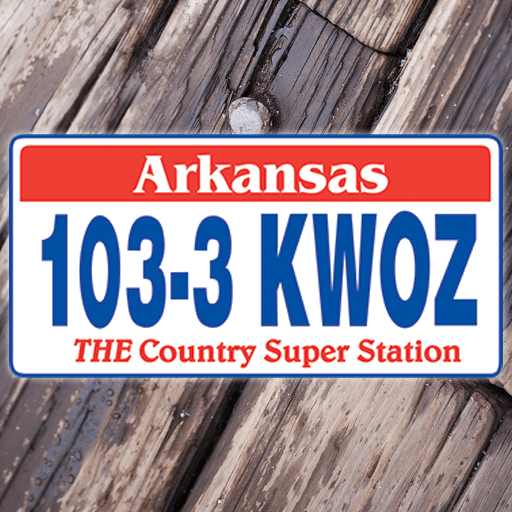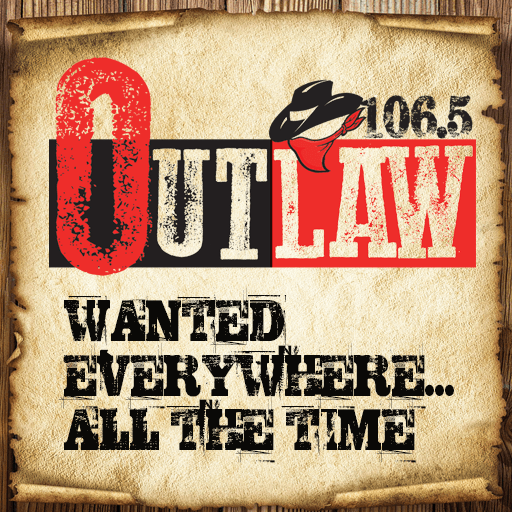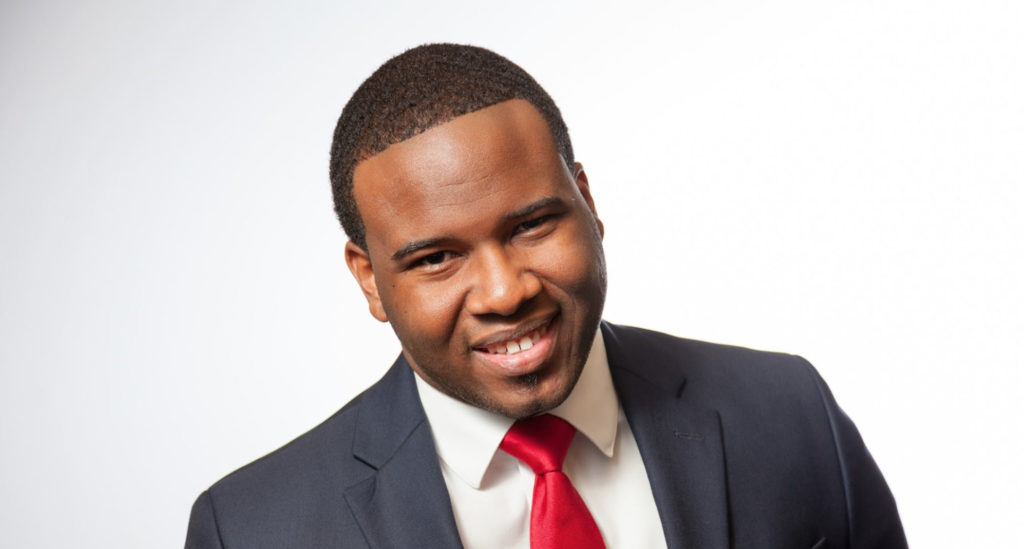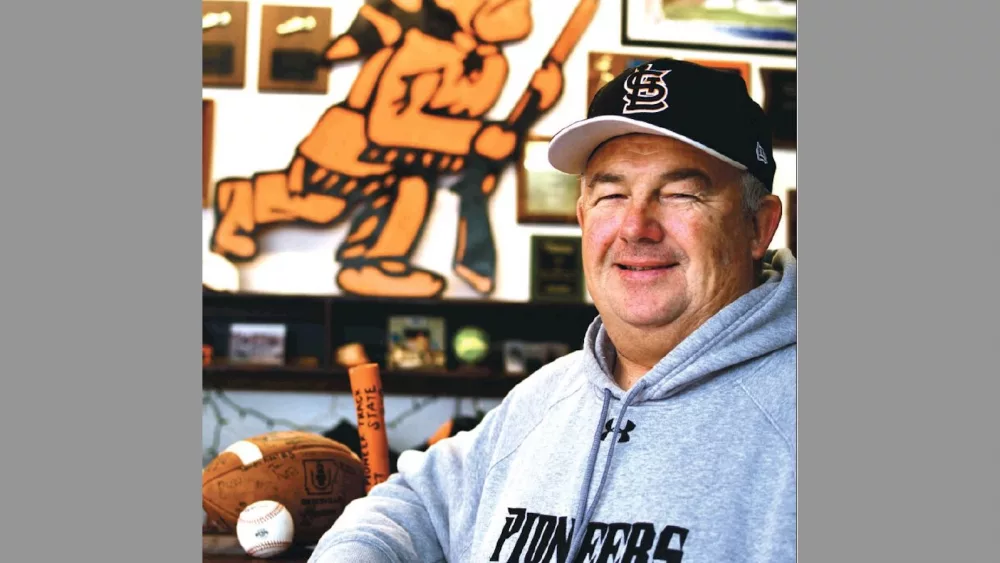UPDATE, July 1, 2020, 6:20 p.m.: This article now includes the full text of Harding University President Bruce McLarty’s letter regarding this issue. Scroll below to read.
SEARCY, Ark. (AP) — Arkansas’ largest private college says it won’t change the name of a building that pays homage to a former school president who opposed integration.
A petition from a graduate of Harding University had sought to rename the George S. Benson Auditorium after Harding alumnus Botham Jean (pictured).
Jean was a black man killed in his living room in 2018 by a white Dallas police officer who said she mistook his apartment as her own.
Harding University President Bruce McLarty wrote a letter to the campus last week saying the name change won’t happen.
According to the Central Arkansas Library System’s Encylopedia of Arkansas, Benson, the second president of Harding, initially resisted overtures by students and faculty to begin the process of desegregating Harding while he was leading the school. In 1963, two years before his retirement, the school began accepting its first black students.
McLarty says he plans to honor Jean “prominently and permanently” on campus but hasn’t determined how.
The text of McLarty’s June 24 letter is below. It can also be found by clicking here.
On the matter of the Benson Auditorium
Harding opens wide her portals
Thus inviting all
Who would tread the path to knowledge
Heed then to her call.
At Harding’s annual homecoming and alumni recognition dinner known as the Black & Gold Banquet, a traditional part of the event became a landmark in our history on October 19, 2018. We always close the evening by standing together and singing the University Alma Mater. That night, Larry Bills, an alumnus from the Class of 1958, came to the microphone to lead the song. But first he had a story to tell. When he had been a student at Harding in the late 1950s, many students refused to sing the third stanza of the Alma Mater, because at that time Harding did not open wide her portals to students who were African-American. Integration would not take place until 1963. That night, sixty years after his graduation, he was proud to sing all three stanzas of the Alma Mater. For the occasion, he asked Dr. Howard Wright and Brother Elijah Anthony, the first two African-Americans to graduate from Harding and now two recipients of Harding’s Distinguished Alumni award, to stand on either side of him for the singing of the Alma Mater. The three men raised their joined hands and sang with deep passion,
Sing the chorus, shout it loudly
Echoing through the vale
Hail to thee, beloved Harding!
Alma Mater, Hail!
As we struggle to respond to our current circumstances in a way that is faithful to God and is loving to all people, I have thought frequently about that night at the Black & Gold Banquet. There were several things that were on display that evening that I believe are marks of a healthy community. There was a connection with elements of our history from our very beginning. (The Alma Mater was written during our first year in Morrilton, Arkansas, 1924.) There was a willingness to speak honestly and openly – and to hear – about a part of our history that is hurtful, we deeply regret, and that embarrasses us today. There was a beautiful sense that the moment was thoroughly apolitical. The moment did not divide Democrats and Republicans, Conservatives and Liberals, or the young and the old. We were one as we sang the Alma Mater. Finally, we experienced that event as Christians. We added our footprints to the road that Harding has traveled in terms of justice, mercy, repentance, redemption, sanctification, forgiveness, holiness, grace and agape love. Perhaps God was preparing us for this moment by permitting us to experience that night in October 2018.
In recent weeks, there has been a petition that has circulated online, insisting that the name of Harding’s second president, Dr. George S. Benson, be removed from the auditorium that bears his name. The petition asserts that “George S. Benson was a vocal racist and supporter of segregation.” As you can probably imagine, I have heard from a multitude of people on both sides of this matter, from both within and outside the Harding community, who have passionate opinions about what we should do. My first impression was that the divide among these opinions was because of age; a large majority of those who favor removing the Benson name are current or recent students, while a large majority of those who favor keeping the Benson name on the building are above the age of fifty. However, as I have listened more and more, I have come to believe that the primary distinction in this matter is whether or not people first knew George Benson as a living person or they first encountered him as the object of a petition and the subject of a newspaper article.
The Benson papers are archived in the Harding Library and have been made available to everyone who has asked us for help in researching the life of Dr. Benson. His letters and his speaker’s notes testify to the complex life and thoughts of a man who had human flaws, but who kept growing and changing his entire life. Dr. Benson indeed gave speeches in chapel opposing integration of Harding College in the late 1950s. That he said these things is true, and Harding University regretfully acknowledges that. Yet, before the end of his tenure, this man who defended racial segregation presided over the integration of Harding College in 1963.
As I considered the question of renaming the Benson Auditorium, I have wrestled with how the Christian messages of sin and redemption, guilt and grace, judgment and forgiveness all fit into this. It is important, as we wrestle with the difficult issues of our time, that we not forget “weightier matters” like justice, mercy, and faithfulness. I have reflected a great deal on Hebrews 11, the presentation of “Faith’s Hall of Fame.” I’ve wondered how many Bible heroes we would have left if we labeled everyone according to their worst moment, their greatest sin or their most embarrassing weakness. In Hebrews 11, there would be no Abraham (the liar), no Noah (the drunk), no Moses (the rebel), no Rahab (the prostitute), no David (the adulterer and murderer) nor any of the rest. We would be left with no one to learn from and no one to inspire us. We would lose all respect for overcomers, because we would have no respect for those who had anything in their past to overcome.
With all of this in my heart and mind, these are the conclusions and decisions I have reached in this matter:
The name of George S. Benson will remain on the auditorium that now bears his name. Rather than remove his name, the University needs to tell the more complete story of Dr. Benson – both the high points and the low points, the inspiring and the painful – his childhood on the Oklahoma frontier, his graduation in Harding’s inaugural year, his mission work in China, his establishment of the Canton Bible School, his 29-year tenure as Harding’s second president, his landmark testimony before the Congress of the United States in the 1940s, his resistance to integration in the 1950s, his integration of Harding in 1963, his fundraising for numerous Christian colleges, his work in establishing the George S. Benson Teachers College in Zambia during the concluding decades of his life, and the numerous students who came to Harding from around the world as a result of this work. We need to tell the larger, complicated, multi-faceted story of this national icon that the Harding family knows as “Dr. Benson.”
We recognized a major oversight as a result of the recent discussions. Today, we are embarrassed that African-Americans were not welcomed as students at Harding until 1963. I confess to now being embarrassed that even though African-Americans have been an important part of the Harding community since 1963, there are no buildings or landmarks that celebrate any of those alumni who have made such a contribution to our University family. That must change. I am today announcing the organization of a task force that will include African-American Board members, employees, alumni and students who will address the challenge of identifying the most meaningful and appropriate things that Harding can do to memorialize and celebrate the history and the presence of African-Americans at Harding.
We will honor the memory of Botham Jean in some physical way during this next year. The original petition called for replacing the name of Dr. Benson with the name of Botham Jean. I do not want to approach this matter as an either/or situation. Botham will be honored in his own unique way on our campus. This could be with a bronze statue of Botham leading singing or it could be the naming of an academic program in his honor. That remains to be determined, but the name of Botham Jean will be prominently and permanently placed on the Harding campus during the coming school year.
In closing, I want Harding University to be a place where racism is always identified as evil and where people of all races are confident that they are valued and esteemed as children of God. I believe we have made great progress in this direction, but I acknowledge that we still have far to travel to reach these goals. We commit ourselves today to following in the steps of Jesus who “has broken down in his flesh the dividing wall of hostility” and who now shows us the way “to bear with one another in love.” I appreciate your prayers and support as we continue to work in the direction of racial harmony at Harding University.
— President Bruce McLarty
To learn more about Botham Jean, visit the Botham Jean Foundation’s website by clicking here.
Featured file image via Botham Jean Foundation

Get up-to-date local and regional news along with the latest sports and weather every weekday morning by listening to Gary B. on Ozark Newsline, broadcast from the First Community Bank Newsroom on Arkansas 103.3. White River Now updates are also aired weekday mornings on 93 KZLE, Outlaw 106.5, and 99.5 Hits Now. Have a news tip or event to promote? Email White River Now at news@whiterivernow.com. Be sure to like and follow us on Facebook and Twitter. Add don’t forget to download the White River Now mobile app from the Google Play Store or the Apple App Store.
For more local news and info from White River Now, head to our home page.











